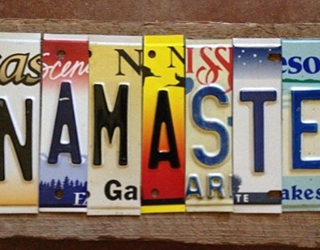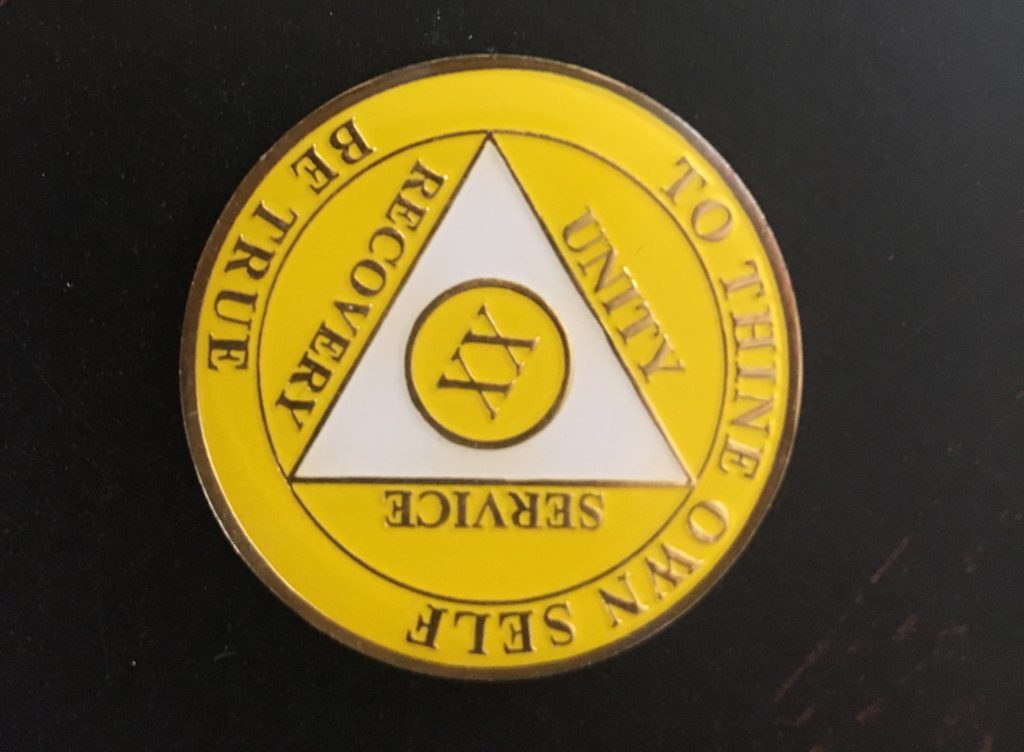I’m glad I don’t have to work in this horrible place anymore, says my mother as we walk to the main dining room which I’m now calling “the restaurant,” like she does, where the assisted living residents eat their meals and I sometimes take her so she can get away from the horrible people she “works with” in her memory care wing then she tries to remember what the horrible things are, tries to find the words for the horrible things the bosses have her do and how they keep changing everything which really means she’s confused, confused beyond all rational possibility over the new bathroom routine, with the caregivers taking her to the toilet every two hours and assisting her so she doesn’t keep going on the lid or in the laundry hamper in the closet or throw shit and toilet paper around her bedroom like some teenage-TP-in-the-front-yard gag gone bad and then she says, maybe next year, not realizing, naturally, that we actually are at the end of the year, a day away from Christmas, which as we all know, she says, takes FIVE CIRCLES before it arrives and I’m as baffled as she is at the speed the holidays hit us, all Mack truck-like, how fast they come every year, how fast each week passes now and yet it’s not fast enough, maybe next year we can go “back,” she says, we can leave this horrible place and she doesn’t say back to Maine or back home and I’m not even sure she knows she’s in Arizona ninety percent of the time but like me she always wants something else, something more, something better, something different, to be somewhere else, anywhere but where we are, and again I’m astonished because it’s like we share a brain: I’ve been thinking for a month solid about moving her back to Maine, to the dementia care home by the sea where I originally wanted her to live two years ago when I realized I couldn’t continue taking care of her in her house, I wanted to keep her in a similar environment, a smooth transition from the old house of my childhood to another old house, isn’t it perfect, mom? You get to stay at a bed-and-breakfast, I imagine saying as the fantasy unfolds, I’d leave her there for a few months because lately I just can’t deal with watching her implode and taking care of my husband, I’d leave her there with people who really care and understand dementia, not this corporate “care facility” with caregivers who quit before they get their first paycheck and an activity director whose idea of art projects is finger-painting and coloring books which pisses the former artist in my mom off to no end, her high-functioning moral superiority still shining bright, then I’d return to Maine myself with or without my suddenly-wheelchair-bound husband whose staph infection just won’t quit, I’d spend a very long summer and fall in my old house and visit my mother often in her B&B by the sea, and I’m positive, I’m certain now that I’m going crazy, the slow drip of insanity from my drinking days has returned and my mother’s tangled mind is seeping into my veins and neurons and organs, I can’t not be crazy, can I, after all this, five years of crazy: my mother and my father and now my husband, taking care of everyone but myself and if it’s true, like they say, the caregiver is the first to go, well, then, toodle-oo, bitches, I’m gone.




